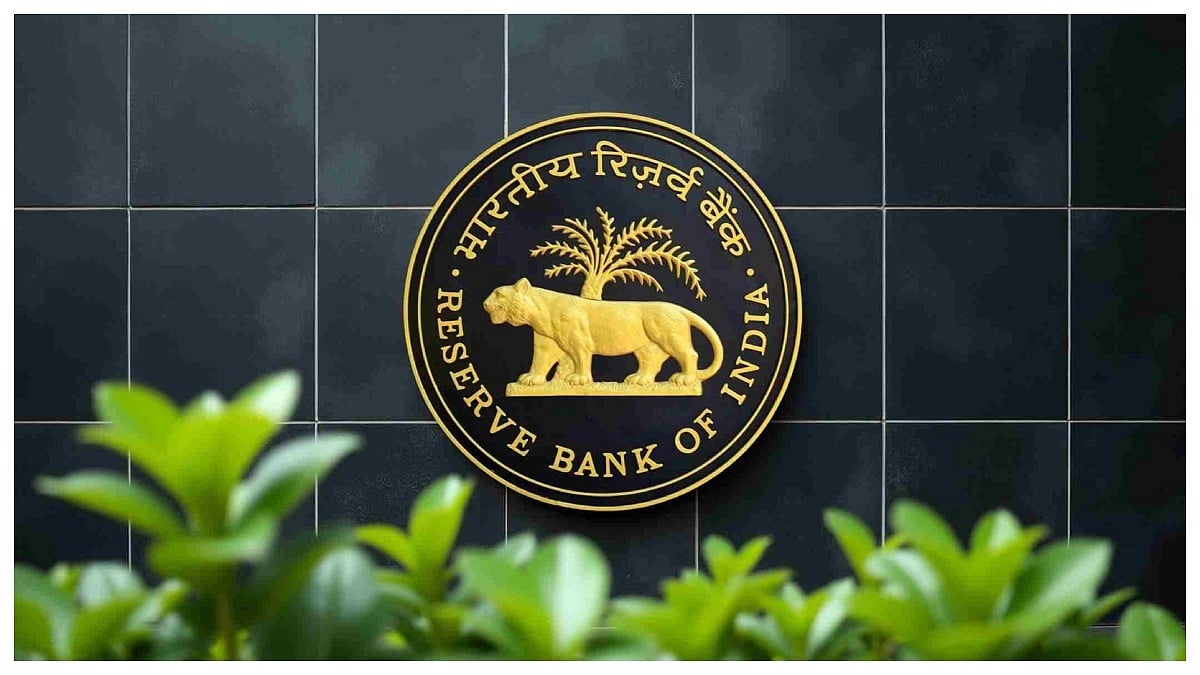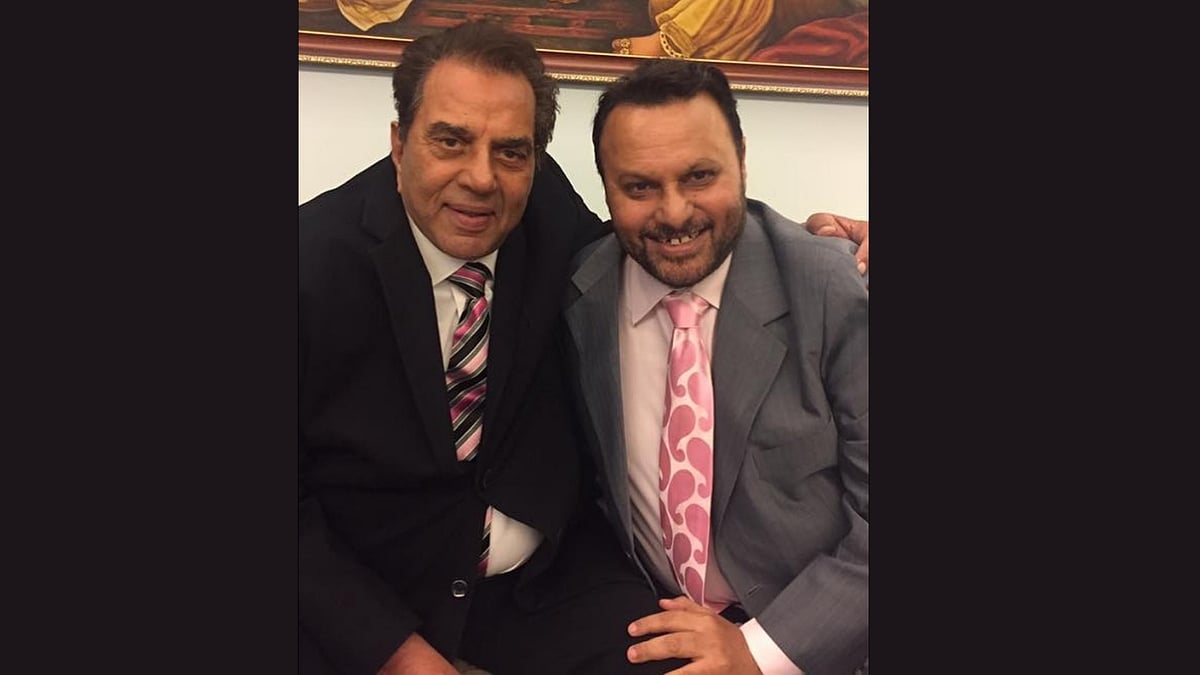Relationships are complex, and navigating the emotional landscape is often challenging for couples. For individuals struggling with anxious attachment, the journey toward healthy and fulfilling connections can be fraught with obstacles. The effects of anxious attachment can be destructive to relationships as these patterns often lead to diminished emotional and physical intimacy.
Anxious attachment is an insecure attachment style where individuals fear abandonment and seek constant reassurance from their partners. This can reverberate through various aspects of a relationship, resulting in various negative outcomes, including mistrust, jealousy, and detrimental self-talk.
Here are some ways in which anxious attachment can influence interpersonal dynamics are:
Constant reassurance: Anxious individuals may constantly seek reassurance from their partners, validating their self-worth and ensuring they are loved. This can be emotionally draining for both individuals, leading to frustration and a decreasing sense of self-esteem in the anxious partner.
Difficulty in handling conflict: This difficulty can arise from the individual’s fear of abandonment or rejection. They may also avoid conflict altogether as a way of maintaining peace in the relationship.
Inability to be alone: Individuals with anxious attachment often cannot be alone due to their fear of abandonment or rejection. This inability can lead them to seek relationships even when they are not ready for one or to stay in unhealthy relationships long after they should have ended. They may also find it difficult to take care of themselves emotionally and physically when they are not in a relationship.
Difficulty with trust: Trust is foundational to any healthy relationship. But it can be challenging to establish and maintain a connection where one partner has an anxious attachment style. They may exhibit jealousy, possessiveness, or fear of abandonment, making it challenging for both partners to establish a secure bond.
Negative self talk: Research suggests that those with anxious attachment often have a negative internal narrative, frequently engaging in self-criticism and doubt. This can translate into reduced confidence and a diminished sense of self-worth within the relationship, further eroding intimacy and overall satisfaction.
Fear of intimacy: Individuals with anxious attachment may fear becoming too close to their partner, as they fear this will make them vulnerable to being hurt or abandoned. This can lead to difficulties in the relationship, as the individual may be unwilling to share their thoughts and feelings with their partner. They may also have difficulty forming close attachments with others outside of the relationship.
By proactively establishing healthy communication habits, building trust, and potentially seeking professional advice, couples can work through anxious attachment patterns and cultivate a stronger foundation for emotional and physical intimacy.
Practical steps to address these challenges
Open communication: Sharing feelings and concerns can help anxious individuals understand their partners’ perspectives and develop a stronger bond. Active listening and empathetic responses can help alleviate some of the worries.
Building trust: Establishing trust requires patience and hard work. Both partners should invest time in sharing vulnerable experiences, offering support, and demonstrating loyalty, ultimately leading to the growth of confidence in the relationship.
Develop healthy coping mechanisms: Some examples include exercise, journaling, and spending time with friends and family members who make you feel safe and secure. It’s essential to find what works for you and practice using these coping mechanisms regularly.
Individual therapy and couples counselling: A skilled therapist can assist individuals in recognising the origins of their attachment issues and developing healthier coping mechanisms.
Be patient: Recovery process that takes time. There will be ups and downs, but it’s important to remember that progress is possible with hard work and dedication from both partners. If you find yourself getting frustrated, try to take a step back and breathe. This may be challenging, but it would be worth it.
(Dr Chandni Tugnait is M.D. (Alternative Medicines), Psychotherapist, Life Coach, Business Coach, NLP Expert, Healer, Founder & Director — Gateway of Healing)












